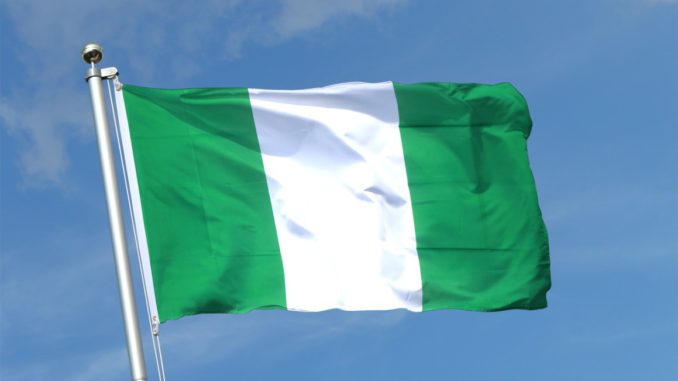
As the 2019 elections draw near, the need for women to mobilise themselves towards enhancing greater participation in the nation’s political space has continued to trend. Considering the fact that women make up more than 50 per cent of the voting population, winning in elections ought to be a walk-over for any woman seeking to run for any political office. However, that is not the case in Nigeria where its women continue to suffer defeat at the polls.
It is on record that the country is yet to register a woman president or governor in this democratic dispensation. The hope that this is possible in Africa’s largest democracy is bolstered by the increasing number of women taking up top political positions, both in Africa and other parts of the world.
Sadly, as awareness on this all-important issue receives favourable response by the political class, Nigerian women continue to suffer daunting defeat at the polls, even as women representation continue to decline. We recall a former presidential aspirant, Mrs Sarah Jibril’s dismal performance on the platform of the Peoples Democratic Party (PDP) when she not only lost the primaries but was also not voted for as she recorded a miserable lone vote – hers alone Mrs Jibril’s lone vote has remained a recurring nightmare for female politicians who continue to suffer dismal defeat at various polls, as was recorded in the defeat of Aisha Alhassan (Mama Taraba), who after recording massive support, lost to her male counterpart, Governor Darius Dickson Ishaku in the 2015 governorship elections in Taraba State.
This inexplicable situation in which despite having the majority of the voting population, women candidates still lose at the polls demands urgent remedy, especially in the build-up to the 2019 elections. A report by the Centre for Development and Democracy (CDD) reflects that since 1999 when Nigeria transited from military rule to democratic governance, women are yet to occupy up to 15 per cent of elective positions in a country where the voting population of both men and women are almost equal. The report noted that not only has no woman been elected president but none has been elected vice president nor governor in Nigeria’s 19 years of democracy.
The report by the CDD showed that there were only seven female senators in 2015, compared to, 3, 4 and 9 in 1999, 2003 and 2007 respectively. It noted that women constitute 6.4 per cent of a total number of legislators in the Senate and it is same with the number of women representatives in 2011. The 6.4 per cent marks a decrease of 1.9 per cent from the 8.3 per cent of women in the upper chamber in the sixth Assembly in 2007 and an increase in the 2.7 per cent from 3.7 per cent representation in the fifth Senate.
While many have continued to blame women for not supporting their fellow women during elections, the CDD listed funding, awareness, culture, religion, party system and structure, among others as some of the factors affecting female political participation and representation in Nigeria. Meanwhile, a call by the NotTooYoungToRun (NTYTR) movement, recently tasked political parties to reserve party tickets for young men and women with character to run for offices in the upcoming 2019 general election.
This, according to them, is because “lack of internal party democracy as well as high cost of party nomination has undermined the emergence of young persons and people living with disabilities in the nation’s elections”.
This is however not adhered to, as most political parties have gone ahead to fix high exorbitant fees for Expression of Interest as well as Nomination forms for aspirants running for various political offices. Despite this undemocratic processes by various political parties, there is no doubt that women can change the narrative if they mobilise and unite to seek greater recognition. Prior to 2015, gender participation was given prominence with the adoption of 35 per cent affirmative action. Sadly, this was not the case post 2015, as stakeholders insisted that women should not expect to get elective positions on a platter, but rather organise, galvanise and make themselves relevant before any election.
As political parties have halved the prices of nomination forms for women aspirants, stakeholders are of the view that aside seeking for free nomination forms, women must be consistent in organizing, mobilizing and focusing on being involved in all party activities prior to elections as well as ensuring that they support their own by giving their votes to tested women of integrity who have the stamina to run for political offices as their male counterparts do.
END

Be the first to comment